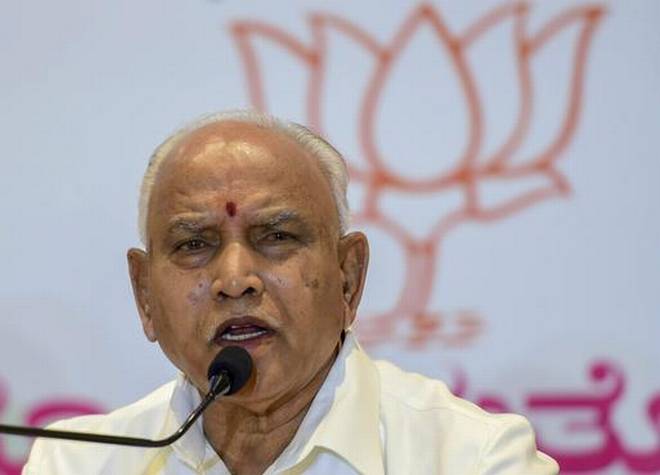Bengaluru, Jun 19: COVID-19 cases in Karnataka has breached the 8,000 mark, as the state on Friday reported 337 new cases and ten related fatalities, taking the total number of infections to 8,281 and death toll to 124.
Also, total discharges in the state breached 5,000 mark, with 230 patients getting discharged in a day after recovery.
As of June 19 evening, cumulatively 8,281 COVID-19 positive cases have been confirmed in the state, which includes 124 deaths and 5,210 discharges, the health department said in its bulletin.
It said out of 2,943 active cases, 2,865 patients are in isolation at designated hospitals and are stable, while 78 are in ICU.
The ten dead include- seven from Bengaluru urban, two from Bidar and one from Vijayapura.
Out of the 337 new cases, 93 are returnees from other states, majority of them from neighboring Maharashtra,while 11 are those who returned from other countries.
The remaining cases include contacts of patients earlier tested positive, those with history of SARI and ILI, among others.
Among the districts where the new cases were reported, Bengaluru accounted for 138 cases, followed by Kalaburagi 52, Ballari 37, Hassan 18, Dakshina Kannada 13, Davangere 12, Udupi 11; Bidar 10, six each from Mysuru and Koppal, four each from Yadgir, Kolar and Bengaluru rural, three each from Mandya, Dharwad, Chikkaballapura, Bagalkote and Ramanagara, two each from Tumakuru and Chikkamagaluru, and one each from Belagavi, Uttara Kannada and Shivamogga.
Kalaburagi district tops the list of positive cases, with 1,126 infections, followed by Udupi 1,050 and Bengaluru urban 982.
Among discharges Udupi tops the list with 944 discharges, followed by Kalaburagi 646 and Yadgir 477.
A total of 4,84,060 samples were tested so far, out of which 10,553 were tested on Thursday alone.
According to the bulletin,4,64,338 samples have been reported as negative, and out of them 9,862 were reported negative today.







Comments
Add new comment